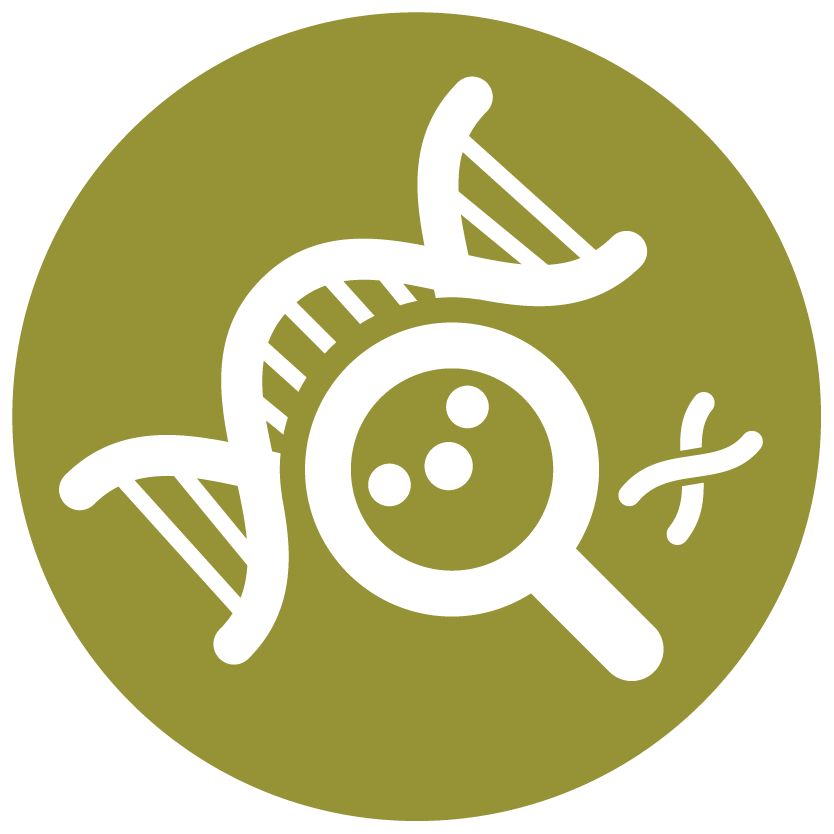Back
Discovery and Basic Research
Session: Symposium: Oncotargets: Challenges & Opportunities
Systems Pharmacology in Developing Targeted and Long-Acting (Long-Lasting) Drug Combinations for Metastatic Cancers
Monday, October 17, 2022
10:00 AM – 10:30 AM ET
Location: 255
.jpg)
Rodney J. Ho, Ph.D NAI FAAPS FAAAS
Executive Director and Professor
Center for WE-REACH
Seattle, Washington
Speaker(s)
NextGen Targeted Drug Combination for Metastatic Cancers
Most of the cancer types would need multiple drugs, including molecularly targeted kinase and aromatase inhibitors, given in sequence or in a combination to reduce the rate of cancer progression to metastatic stage. Systems pharmacology approach to develop a drug combination nanoparticulate platform technology that allows synchronized delivery and retention in the metastatic cancer cells may provide a path to maximize multiple drug target knockout within the same cancer cells to overcome disease progression.
Most of the cancer types including breast and pancreatic cancers would need multiple drugs, including molecularly targeted kinase and aromatase inhibitors, given in sequence or in a combination to reduce the rate of cancer progression to metastatic stage. At metastatic stage, most of the oral drugs, including those of molecularly targeted products and given in combination may have limited disease impact. While a number of highly potent infusion chemotherapeutics given in combination, such as gemcitabine and paclitaxel are effective, they are given sequentially thus non synchronized impact on multiple cancer targets. Systems pharmacology approach provide the framework to develop a drug combination nanoparticulate platform technology that allow synchronized delivery and retention in the metastatic cancer. Our team has made significant progress toward this goal in developing a drug combination assembled in nonparticulate form that synchronized delivery of water soluble gemcitabine and water insoluble paclitaxel to the advancing metastatic breast cancer cells in vivo. These nano-drug particles called DcNP containing gemcitabine and paclitaxel are shown to provide synchronized tissue and cell localization in metastatic 4T1 localized in lung and able to clear tumor cells with good margin of safety. NextGen long-acting and targeted drug combination strategies that may enable synchronized intracellular co-localization of multiple drugs could further refine with model development and validation as a part of systems knowledge in pharmacology.
Supported in part by Unitaid 2020-39-GLAD; NIH grants AI120176; AI 148055; HL152401; AI149665.
Most of the cancer types would need multiple drugs, including molecularly targeted kinase and aromatase inhibitors, given in sequence or in a combination to reduce the rate of cancer progression to metastatic stage. Systems pharmacology approach to develop a drug combination nanoparticulate platform technology that allows synchronized delivery and retention in the metastatic cancer cells may provide a path to maximize multiple drug target knockout within the same cancer cells to overcome disease progression.
Most of the cancer types including breast and pancreatic cancers would need multiple drugs, including molecularly targeted kinase and aromatase inhibitors, given in sequence or in a combination to reduce the rate of cancer progression to metastatic stage. At metastatic stage, most of the oral drugs, including those of molecularly targeted products and given in combination may have limited disease impact. While a number of highly potent infusion chemotherapeutics given in combination, such as gemcitabine and paclitaxel are effective, they are given sequentially thus non synchronized impact on multiple cancer targets. Systems pharmacology approach provide the framework to develop a drug combination nanoparticulate platform technology that allow synchronized delivery and retention in the metastatic cancer. Our team has made significant progress toward this goal in developing a drug combination assembled in nonparticulate form that synchronized delivery of water soluble gemcitabine and water insoluble paclitaxel to the advancing metastatic breast cancer cells in vivo. These nano-drug particles called DcNP containing gemcitabine and paclitaxel are shown to provide synchronized tissue and cell localization in metastatic 4T1 localized in lung and able to clear tumor cells with good margin of safety. NextGen long-acting and targeted drug combination strategies that may enable synchronized intracellular co-localization of multiple drugs could further refine with model development and validation as a part of systems knowledge in pharmacology.
Supported in part by Unitaid 2020-39-GLAD; NIH grants AI120176; AI 148055; HL152401; AI149665.
Learning Objectives:
- Understand the role of Systems thinking (in clinical and experimental pharmacology) in developing therapeutics for intended use
- Learn about the emerging area of long-acting therapeutics and why it may improve patient acceptance and remained in care
- Applicate of time-based knowledge about different cancer type, biology of cancer and host cell interaction, distribution, and disease progression and where long-acting and targeted cancer drug combination may likely make impact on cancer
- Gain systems pharmacology knowledge in cancer drug mechanisms and delivery strategies that are integrated cancer progression to metastatic stage
- Learn about innovations in pharmaceutical science that could provide game changing outcomes on cancer treatment

